

| Title | Author | Call# | Book Cover |
|---|---|---|---|
| Logic and Computer Design Fundamentals | Martin, Tom | TK 7888.4 .M36 2008 | 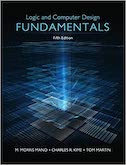 |
| Java Foundations: Introduction to Program Design & Data Structures | Lewis, John | QA 76.73 .J38.L49 20117 | 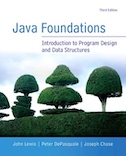 |
| Learning Web App Development | Purewal, Semmy | QA 76.76 .A65P87 2014 | 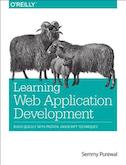 |
| Starting Out with Python | Gaddis, Tony | QA 76.73 .P98G34 2018 | 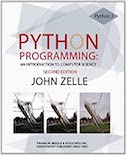 |
| Computer Science Illuminated | Dale, Nell | QA 76 .D285 2019 | 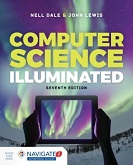 |
| Computer Organization and Design: The Hardware – Software Interface | Patterson, David A. | QA 76.9 .C643P37 2018 | 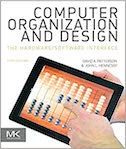 |
* Want to reserve one of these titles? Email library@alexandercollege.ca with your student # and the book title.
These e-Books are available in the online library collection. Click the title to access the resource.
Webopedia study guides are designed to help high school, IB (International Baccalaureate) and entry-level university or college students prepare for computer science tests, quizzes and exams. Each computing topic is broken down into easy-to-understand explanations, and links are provided to related definitions and similar topics covered on Webopedia to help you better understand the subject.
When looking for resources related to ANTH, try some of these keywords in your searching:
Sample search: html AND websites
* Interested in learning more about using keywords for research? Check out our videos on how to create and search using keywords on our Research Skills page.
Open access resources are resources that are available to everyone for free online. Links here will lead to sites where you can download textbooks or access journals related to computer science.
Free Programming Books on GitHub – a massive collection of free, open access textbooks in every computer language. Many are available for online viewing or for download, with few exceptions.
Algorithms and Data Structures with Applications to Graphics and Geometry (Nievergelt, Jurg)
Open Data Structures (Morin, Pat)
Database Design 2nd edition (Watt, Adrienne)
Array – an international open access multidisciplinary journal encompassing a broad spectrum of topics in computer science.
An Integrated Development Environment is a software application that allows programmers to combine different aspects of writing a computer program; IDE’s often combine code editing, building, and debugging in a single application.
IDE, but additional languages can combined with its default package.
IDLE is Python’s integrated development and learning environment.
Repl.it provides a free online IDE that students can use anywhere. A free account option is available and allows for users to team up with another individual for collaborative coding and chatting.
CodePen is a free and online development environment to build and deploy a website or test and share snippets of code.
Computer Science at Khan Academy
Khan Academy provides tutorials on the basics of computer science and is a great resource for beginners of programming.
Learn to code, for free! This resource helps you discover where your interest lies and provides tutorials and instant feedback with practice module.
W3 Schools Online Web Tutorials
One of the web’s largest collection of web technology tutorials, all for free! W3 Schools also provides references for many programming languages and is an invaluable resource for students studying computer science.
Experienced and novice developers alike come to this community to share their knowledge and find help for programming problems. It is a great resource for troubleshooting your code.
A community for programmers with articles on different topics and programming languages such as web development, C++, Java and other topics.
Experienced and novice developers alike come to this community to share their knowledge and find help for programming problems. It is a great resource for troubleshooting your code.
Interactive Tutorials
Interactive tutorials is a collection of free tutorials that covers multiple languages. Among them are:
Assignments written for CPSC courses will follow the style outlined by the assignment guideline. Style guide handbooks are available for your reference in the library or at the Writing and Learning Centre. Online WLC guides can be found here. You can also book an appointment with the Writing and Learning Centre for workshops and one-on-one citation help.
Need help? Connect with a Librarian through AskAway!
AskAway ChatAlexander College acknowledges that the land on which we usually gather is the traditional, ancestral and unceded territory of the Coast Salish peoples, including the territories of the xʷməθkwəy̓əm (Musqueam), Skwxwú7mesh (Squamish), and Səl̓ílwətaʔ/Selilwitulh (Tsleil-Waututh) Nations. We are grateful to have the opportunity to work in this territory.
Alexander College acknowledges that the land on which we usually gather is the traditional, ancestral and unceded territory of the Coast Salish peoples, including the territories of the xʷməθkwəy̓əm (Musqueam), Skwxwú7mesh (Squamish), and Səl̓ílwətaʔ/Selilwitulh (Tsleil-Waututh) Nations. We are grateful to have the opportunity to work in this territory.